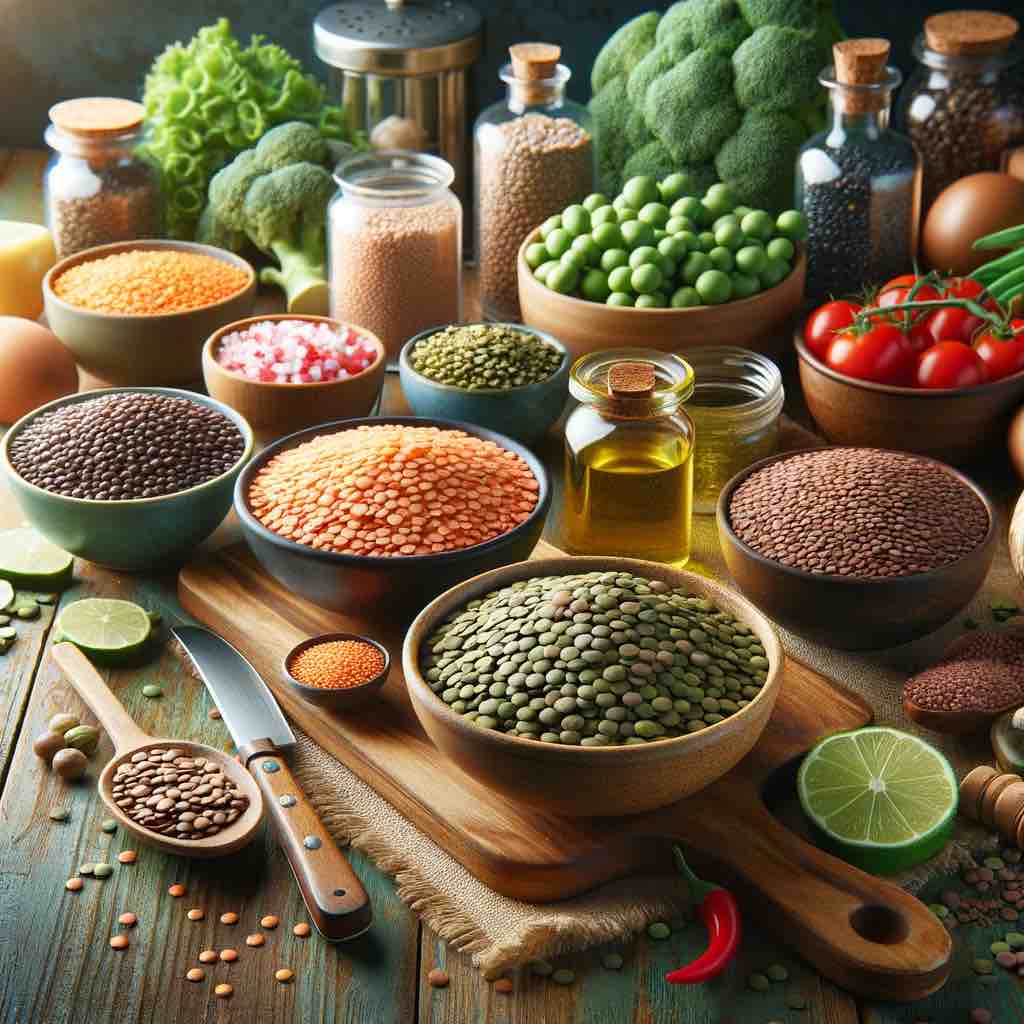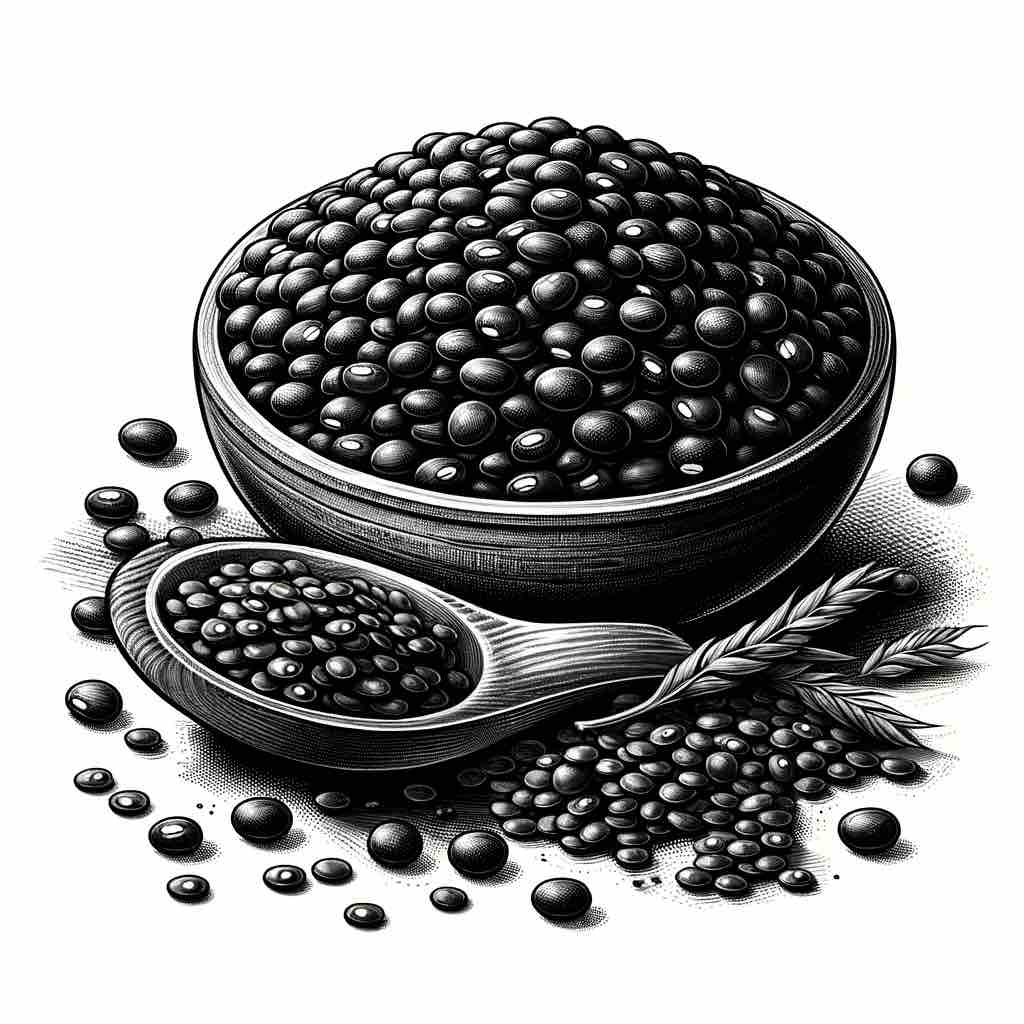
As you search for information of lentils on google, you run into numerable articles by those media houses and health sites, all by so called professional, maybe marginally better than those AI bots we all use these days. None of those writes of so called big media houses would have actual experience of hacking their own health and understand how food impacts there system beyond what books tell you, or you can search for on internet.
And then comes the world of lentils, which is ever so confusing. Forget of you arte a westerner, chances are even if uou are an Indian born in India, you might not know beyond Kali Dal or Peeli dal. Or maybe sambhar waali daal, and prasade waali daal – thats how we call know our dals. And in my experience any attempt to write a comprehensive blog post about the same, falls flat on the face, as their so much information about each of those lentils that we end up losing the focus or ability to make decision on all the data provided.
In this post I will try to keep things simple and share with you 3 awesome lentils – why they are awesome, and how I am leveraging them in my weight loss journey. And being vegan and all, they I am sure they much lighter on the environment and hopefully some of our consciousness as well.
Getting down to business, here are the 3 Dals or Lentils that are part of my weight loss aresenal, and as the legend goes, traditionally the legends in India have been recommending them for legendary number of years. Different cultures in India appreciate them in different ways and different forms. I remember the saying in our baniya community which has been traditionally vegetarian culture that as people grow old and wise, they stop indulging in lot of things in life and move to one item which becomes stable for them Moong! yup – the legendary moong dal, for those not familiar – hospital wali dal. The Plane Jane dal as plane jane as plane jane it can get, the john doe of dals – the yellow Moong Dal. However here I am talking about the Sabut Moong – which is not your usual hospital waali yellow dal, which is super easy to digest, however I am talking about Whole Moong which is not served in hospitals is it is slow to digest compared to broken or yellow moong dal – which happens to add several steps of processing to the whole or sabut moong I am recommending here.
So yes, the first entry is the Sabut Moong Daal – the Whole Lentil itself – probably in its least processed form, the whole bean/seed itself – complete with all that fiber, all the fat, all the nutrition that nature builds in that bean – the one the legends in India would tell you has ‘Power’ compared to mean and a quick read of the modern nutritional information now verifying that it indeed is loaded with protein, and has a load of fiber as a scoring point over its meaty competitors like chicken, fish or beef.
Its vegan, its whole, its I think cheaper than mean, greener – not only in color, and its so bloofy versatile. Well I will come to that later, but yeah, what I have noticed it that a meal of Sabut Moong with rice or roti or anything – keeps me satiated and full for longer times, which means lesser hunger bangs, longer fasting cycles, and generally a happier and content me. I will soon add a post about how versatile it is in its uses here.
Coming to other two lentils that I want bring to your attention – Dal Makhani – well without the Makhan ofocurse. But you know what if you make it properly and follow classical recipes – making Dal Makhani out of Sabut Urad does not invlove any usage or added butter, cream or fat. If soaked and cooked properly, the lentil itself releases all that is inside it, make it rich and creamy. Yes ladies and gentlemen, the ubiquitous Kaali Dal, the one sold as Dal Makahni at every darned Indian restaurant in the world – when done at home – done right – is the food that would keep you happy and satiated for along time – like moong, this one is also loaded with protein, fiber and natural fats to help you control those GI and GL spikes.
Last but not the least – Moth Dal – I am actually drooling writing this as I am hungry and a Moth dal Chaat would be such a welcome respite in this heat of Delhi. What we call a Chaat – in this case specifically – turns out what a westerner would call a Salal. Yup you are right – sweet chilli tangy sour all in one go, loaded with protein, fiber, is probably sprouted, serves well as chakna, what else should I tell you? Ok ever heard Moth Chawal, Moth Kachori? Yup this one is versatile and with a little innovation – can be used for so many things and in so any ways. Probably another blog post about the same in future.
Phew now that I have written all of the above without AI, let me leverage some of it and at least ask it to generate some pictures so that you can understand how it looks like when you are looking for it. Otherwise if you buy it online I am sure the labels would guide you through.
But remember especially when buying Moon and Urad – you get them in 3 forms – fully processed which looks like Yellow or White – easiest to digest, then you have less processed which is broken, but still has the fiber on top – this would look green or black on outside and maybe lighter yellow inside. And then there is the whole one – which is least processed and not broken. You can choose one as per your needs and uses.















